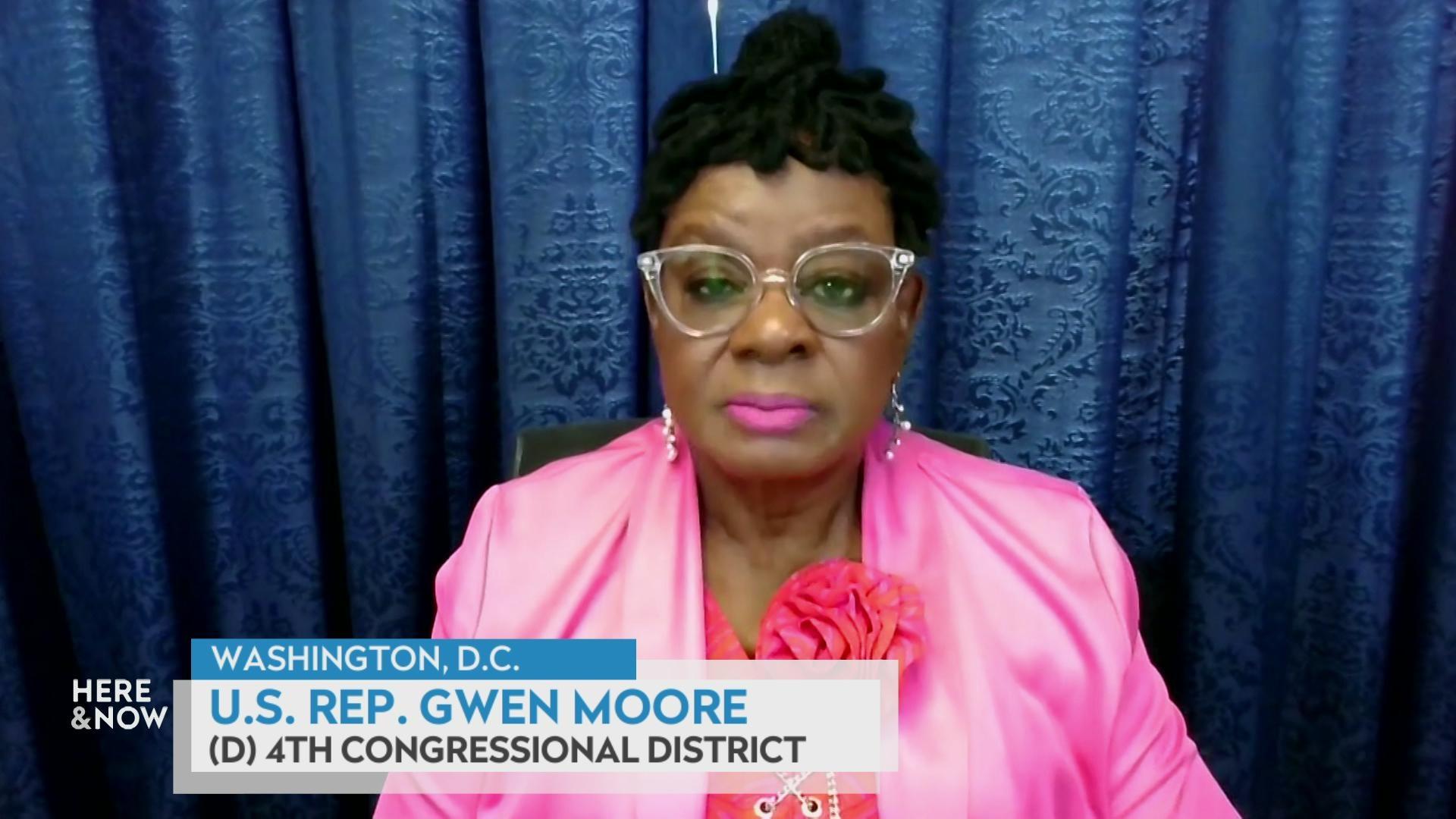Tarion O'Carroll on working to obtain clean drinking water
Nelsonville resident Tarion O'Carroll describes how nitrate contamination in the area compels him to regularly visit an artesian well in another community in order to supply household water needs.
By Nathan Denzin | Here & Now
December 6, 2022 • West Central Region
VIDEO TRANSCRIPT
Tarion O'Carroll:
For the last couple years, I've been going to an artesian well which is about 40 miles away. Yeah, maybe 30. I'm unclear about how far it is. It takes me about an hour round-trip. But it's in the town of Lind, and it just comes up out of the ground at their village hall there. And, you know, I drive there weekly and fill up my seven-gallon jugs. I usually fill up about four or five of 'em. And then that lasts about a week, and then I go back and do it again. In the summer, it's not too bad. In the wintertime, it can suck. It gets all icy and they're heavy, so it's not something I look forward to. It's not like something, "Oh, we're out of water again." That's not really... When I don't have coffee in the morning, we have an issue, so that's why I go.
Nathan Denzin:
Understandable. Do you see a lot of other people at these wells? Are there other people-
Tarion O'Carroll:
I do.
Nathan Denzin:
That have to do this?
Tarion O'Carroll:
I do. My story's not unique, as I like to tell people. I don't like being in line. It actually makes me feel really nervous, in that I have four large jugs to fill up and some people only have a gallon or two, so that makes me feel squeamish when I have three or four people behind me and I'm just, you know, hogging all the water to fill up my car. It has been surprising how many people go to that well for clean water. And I've often thought about setting up a time-stop camera that just took a picture every 15 minutes so that I can kinda get a feel for how many people are going to that location. Because I'm worried that that water won't be drinkable for much longer either, and then I'll be stuck having to pay for water or find another source.
 Passport
Passport











Follow Us